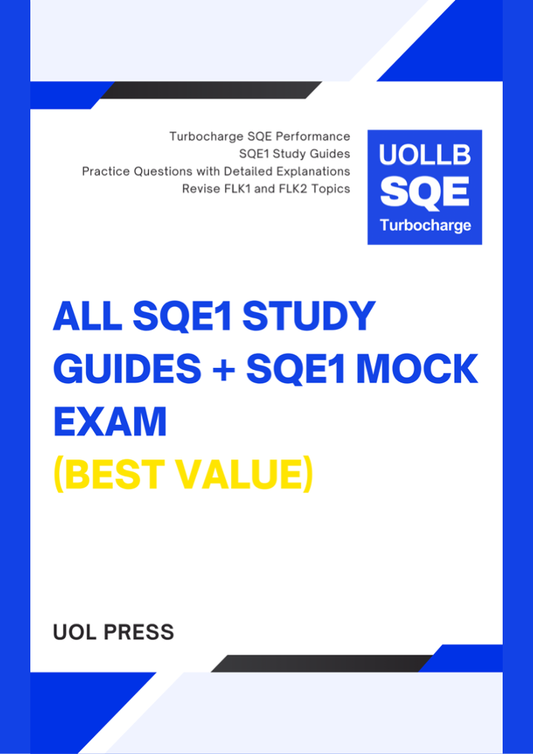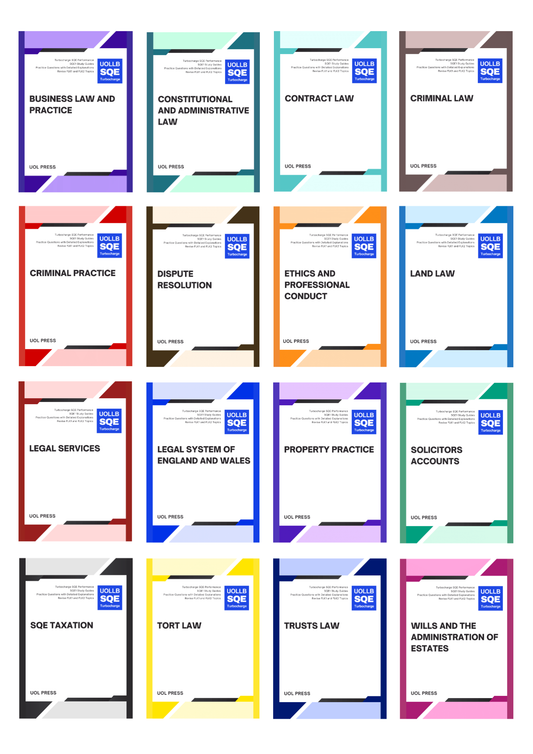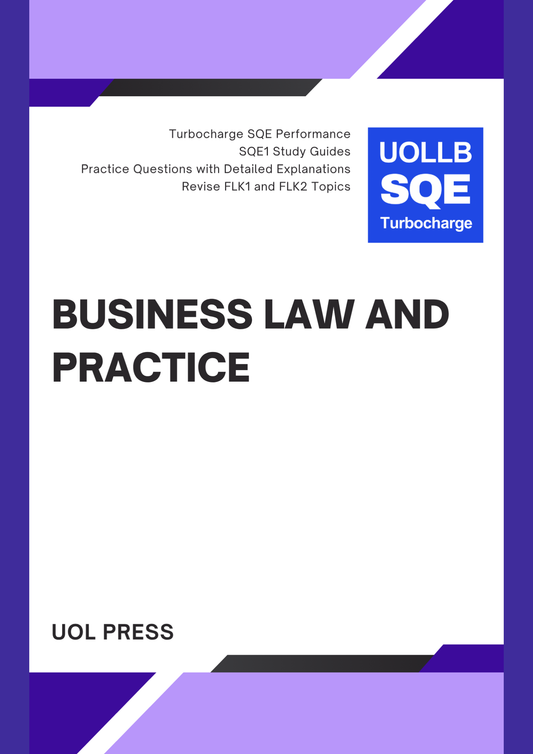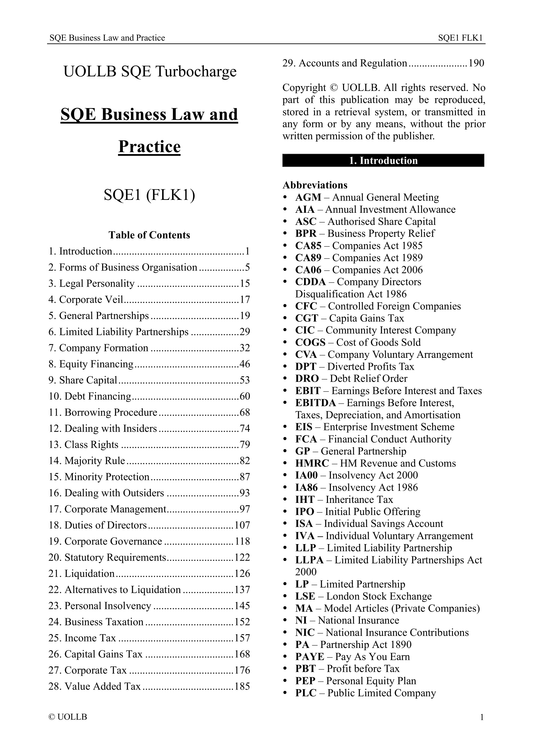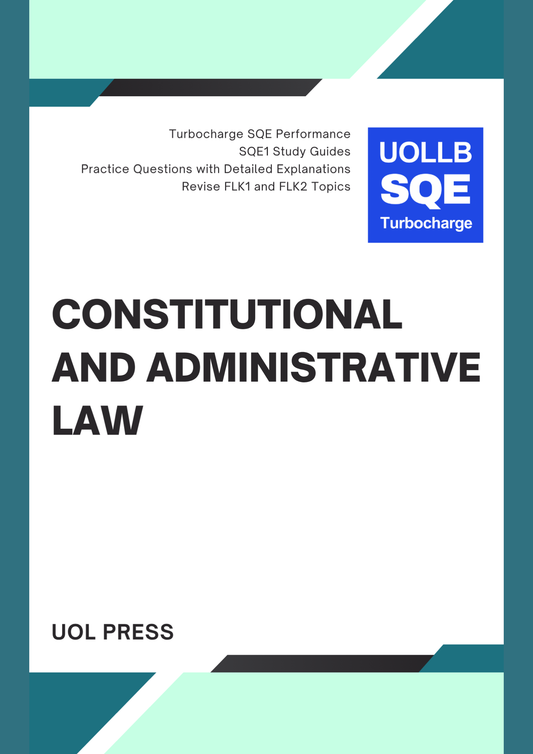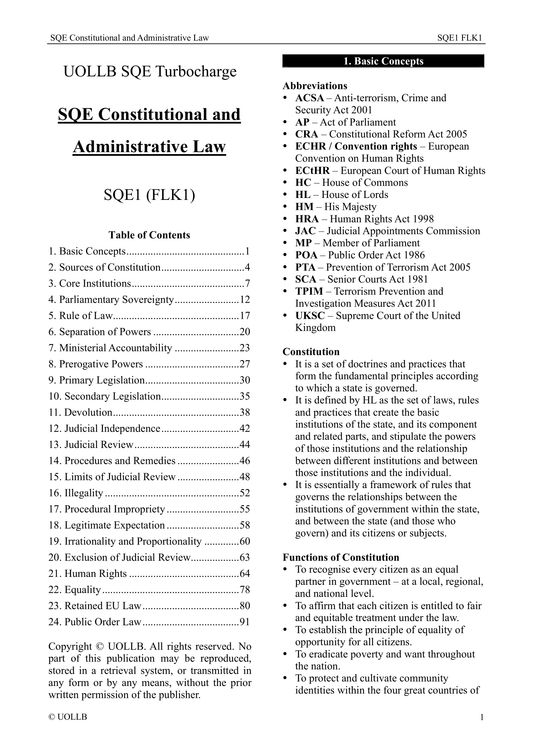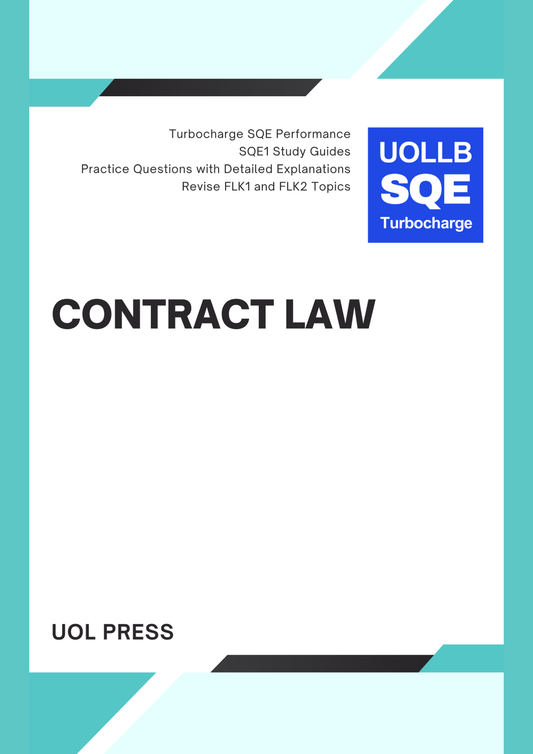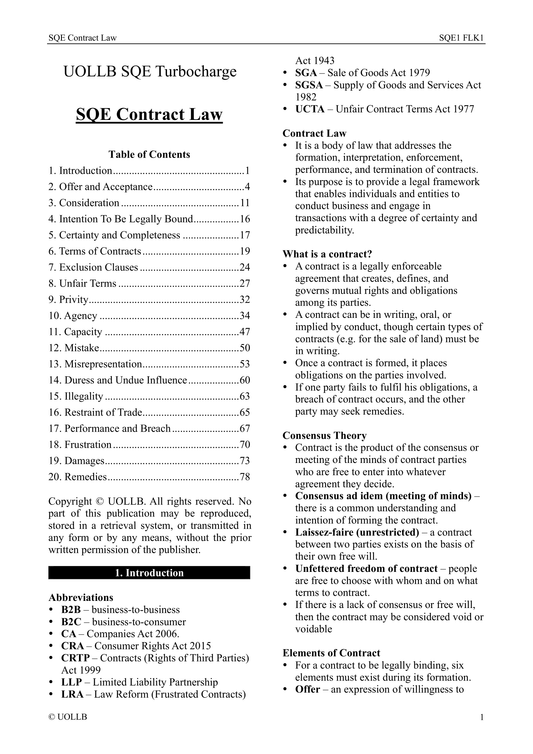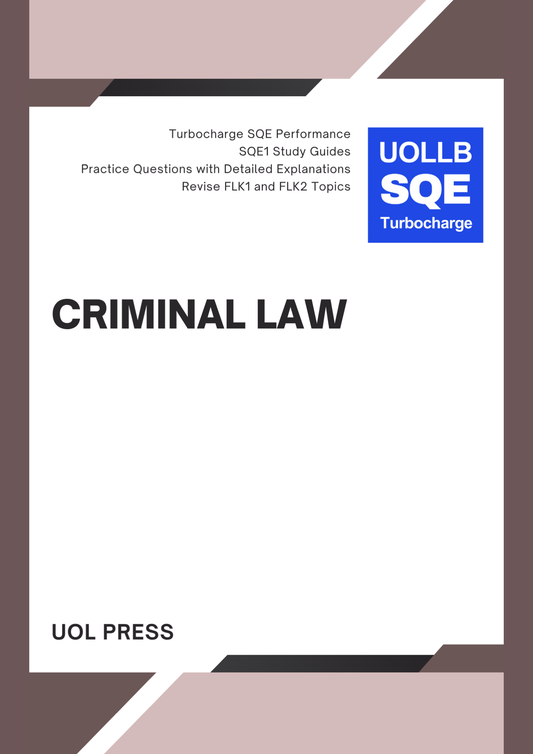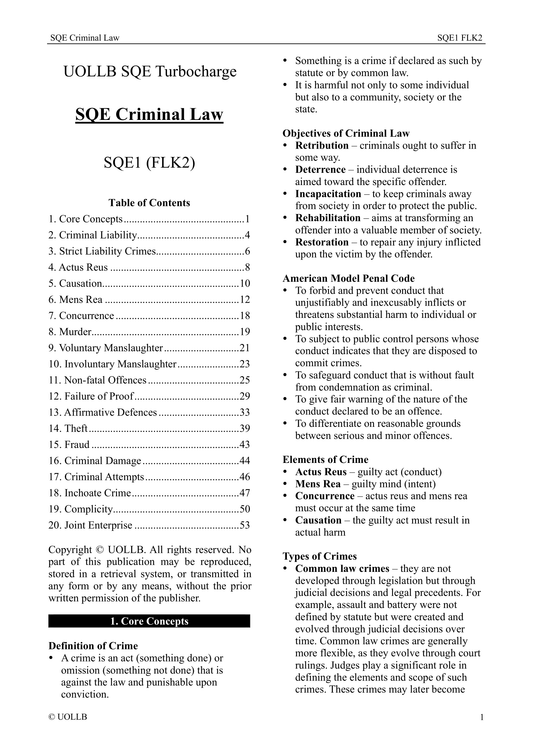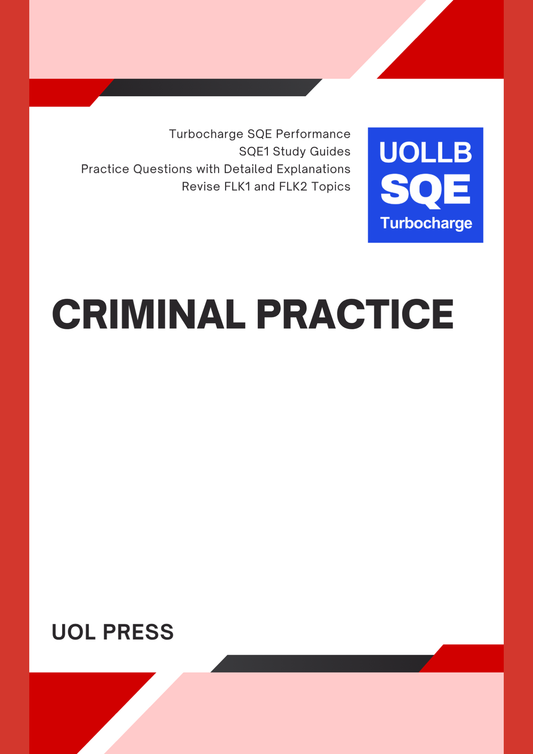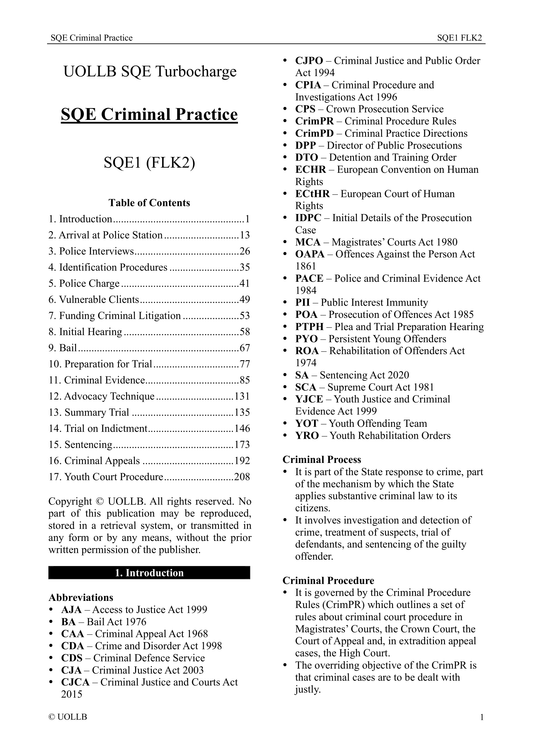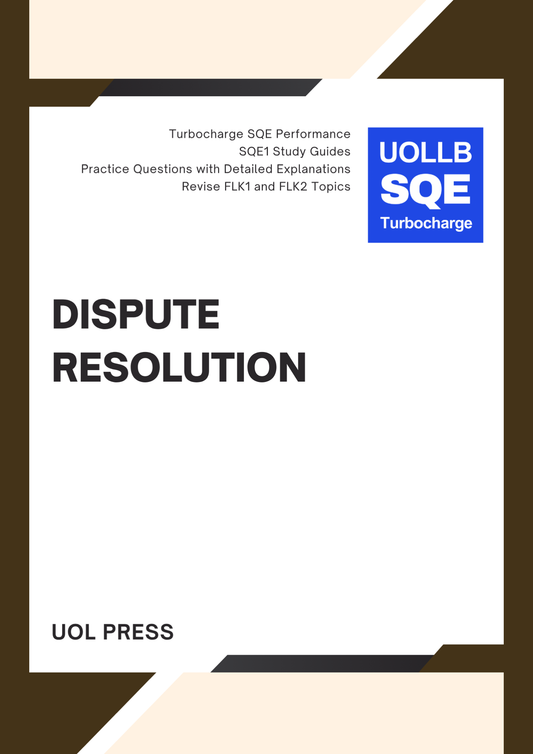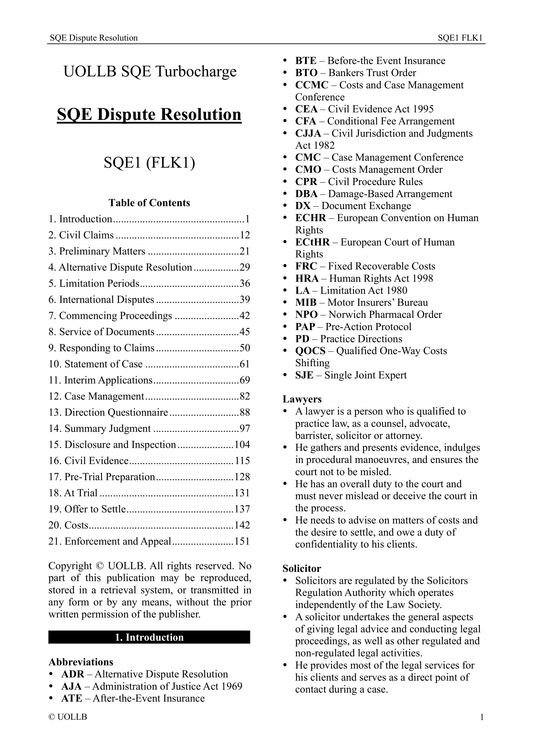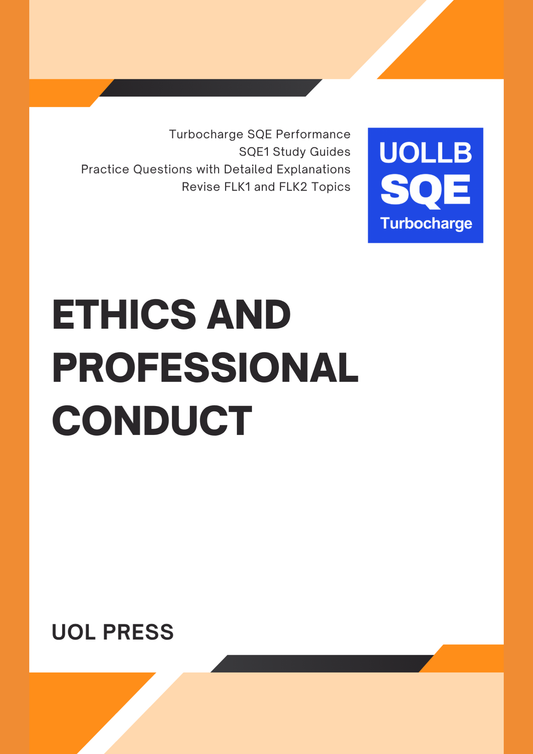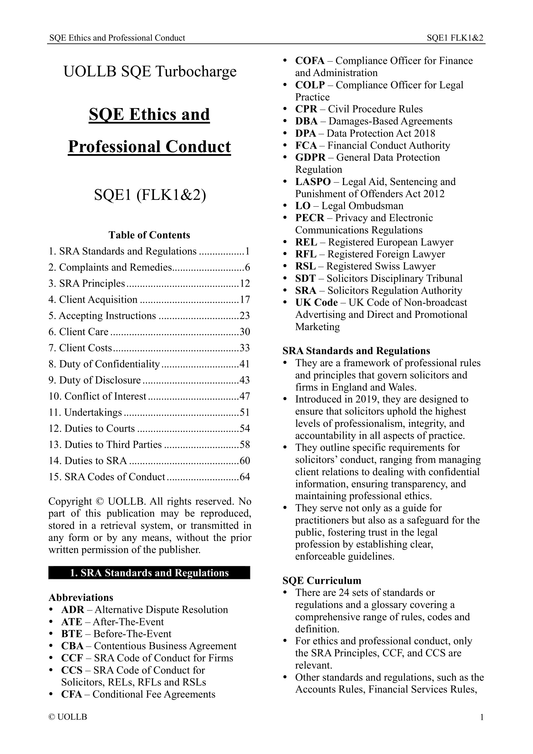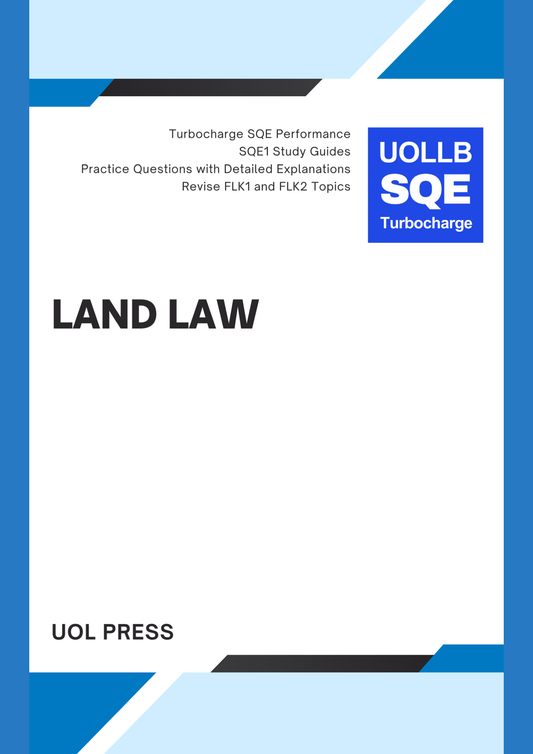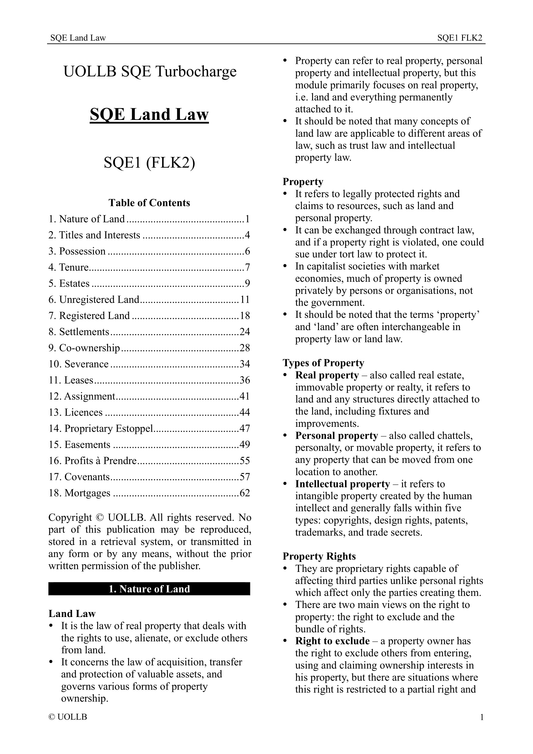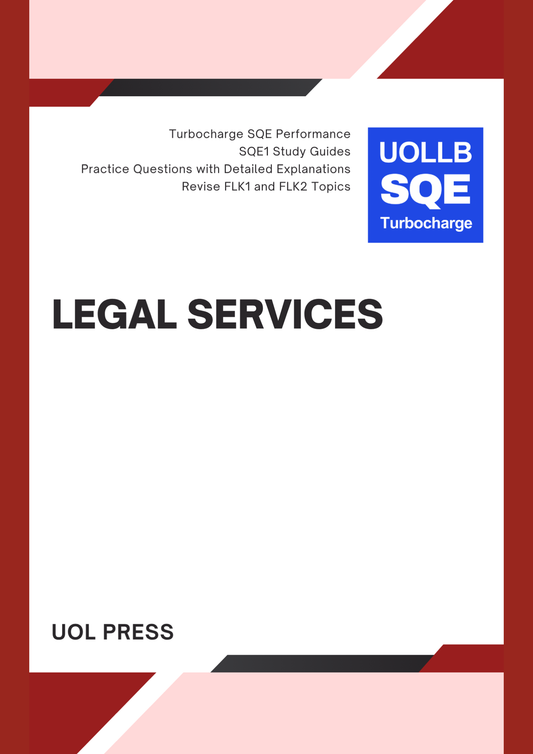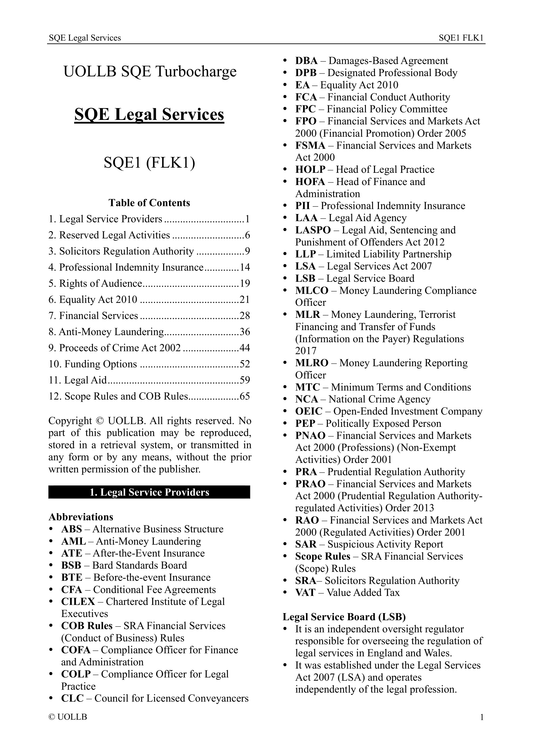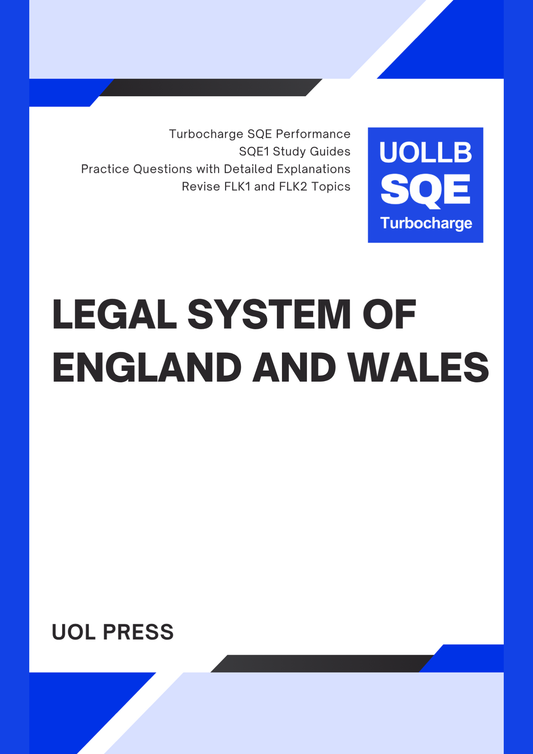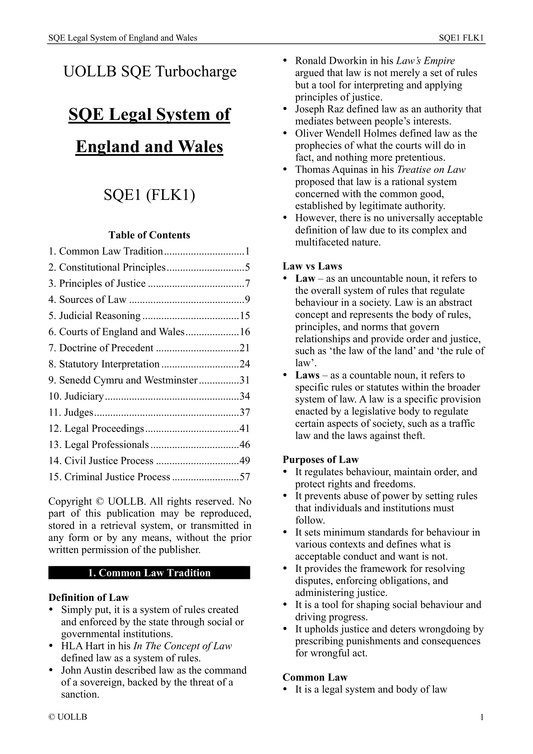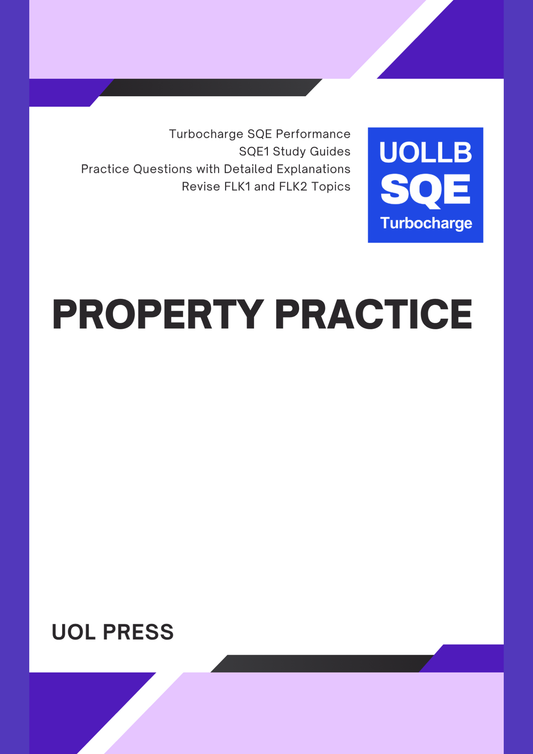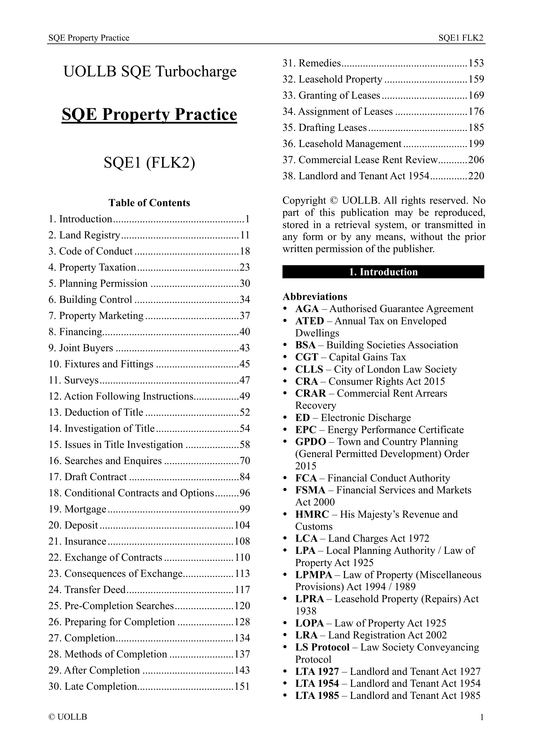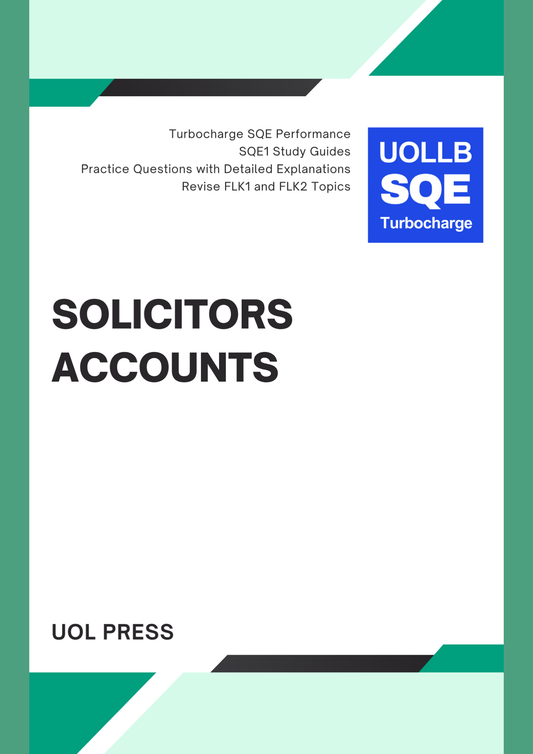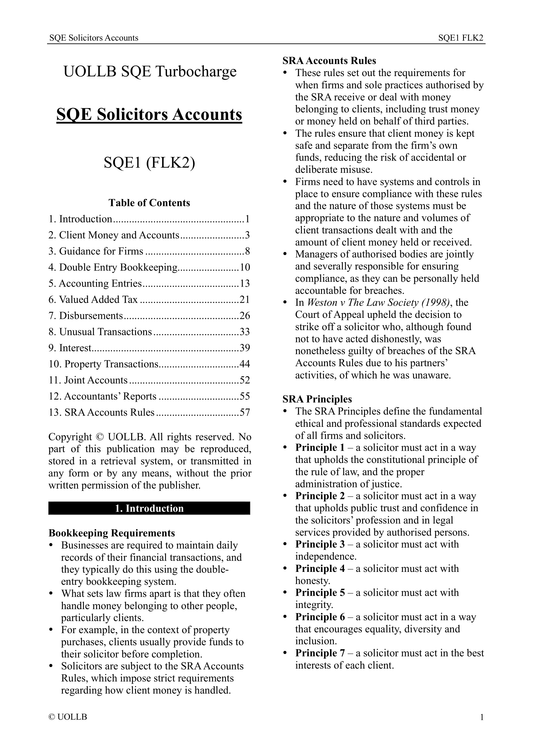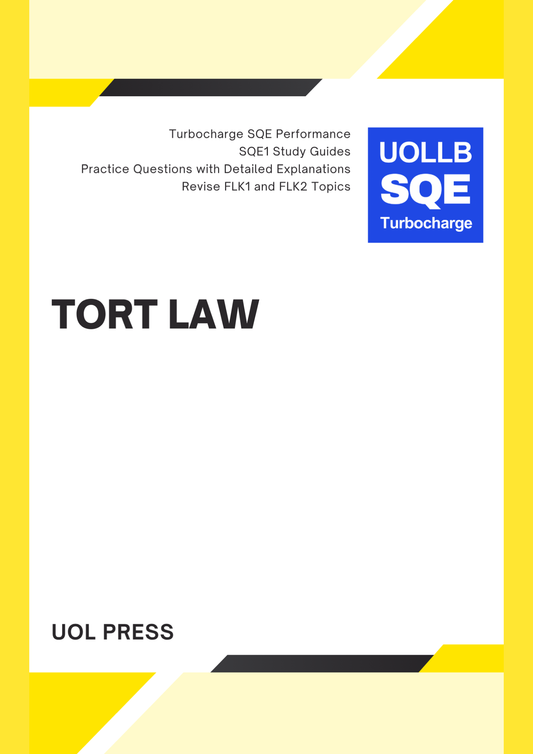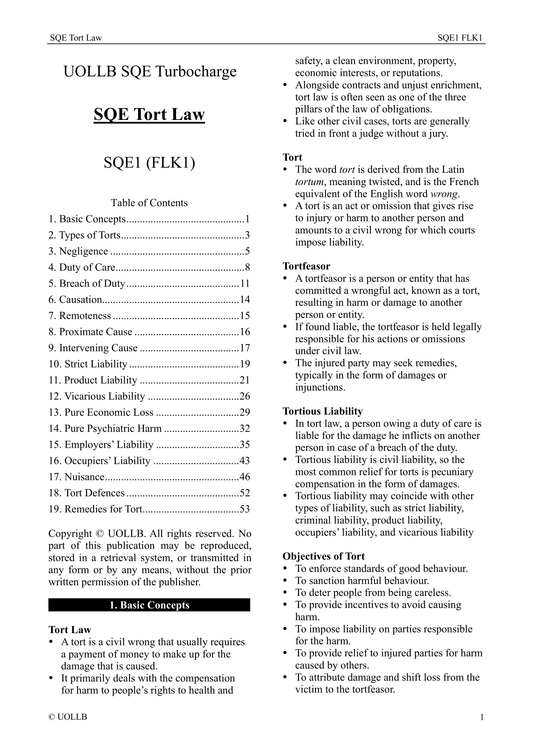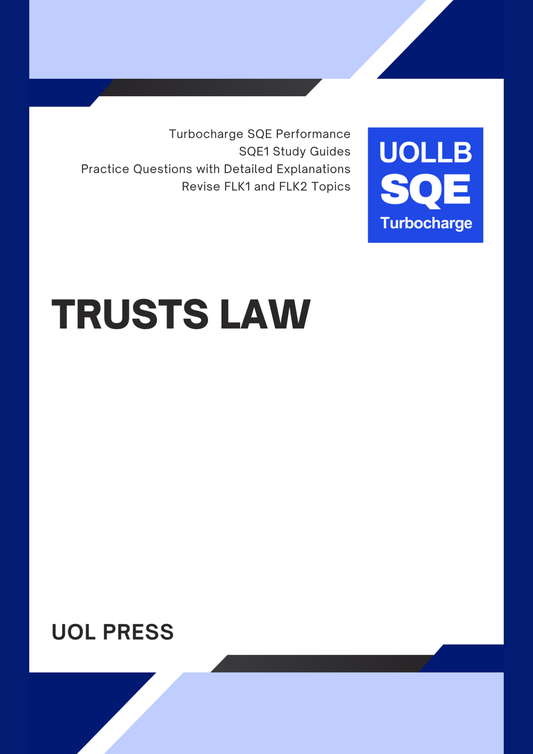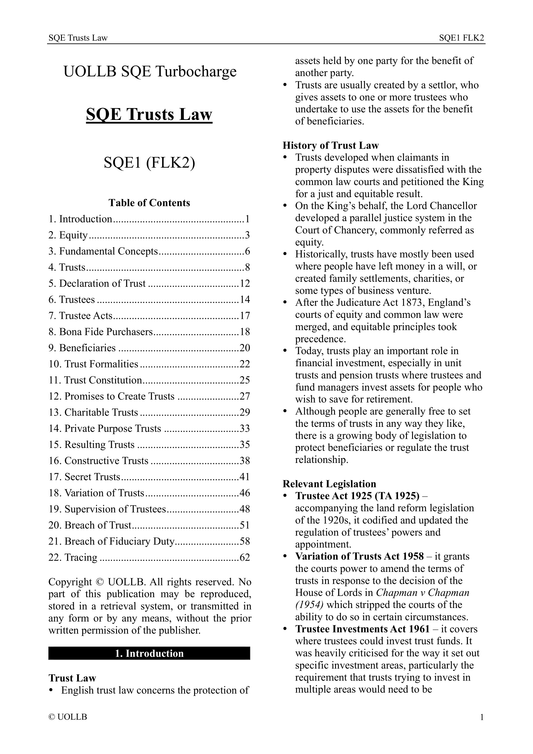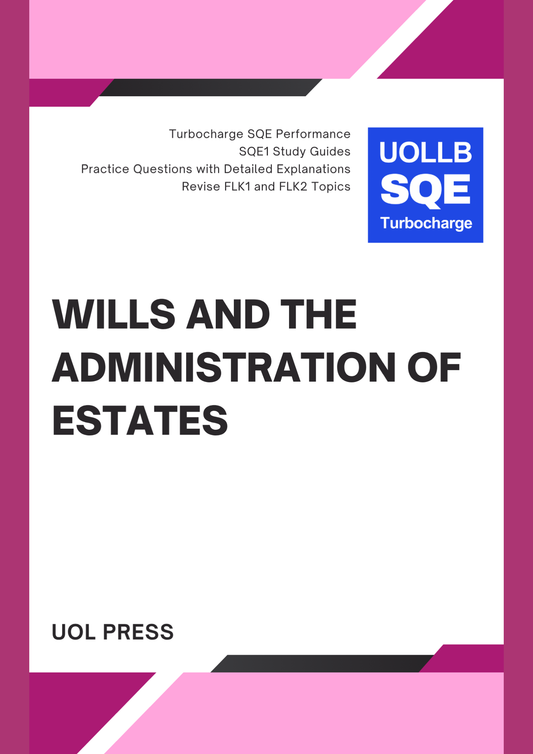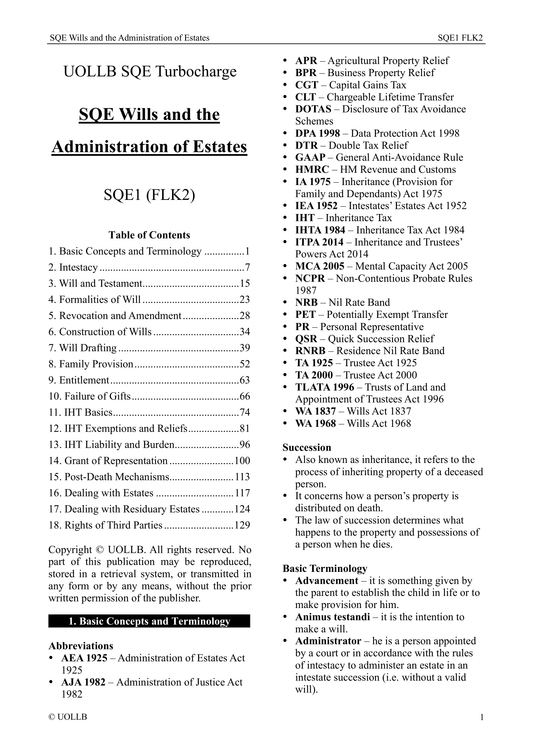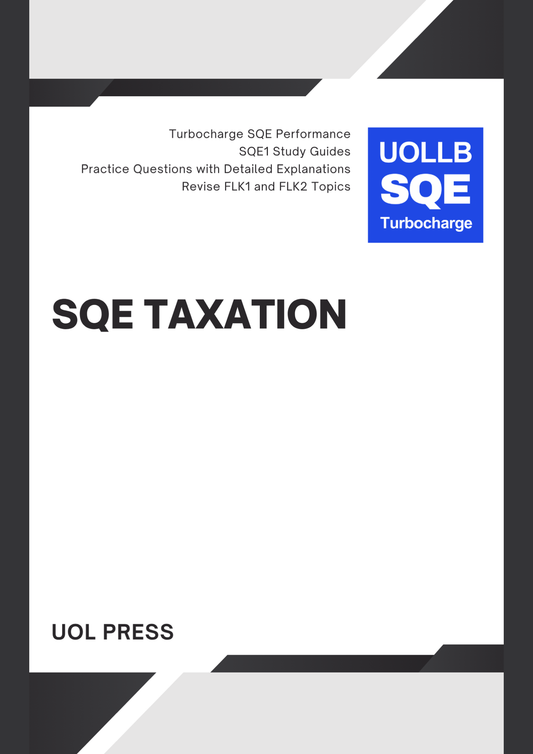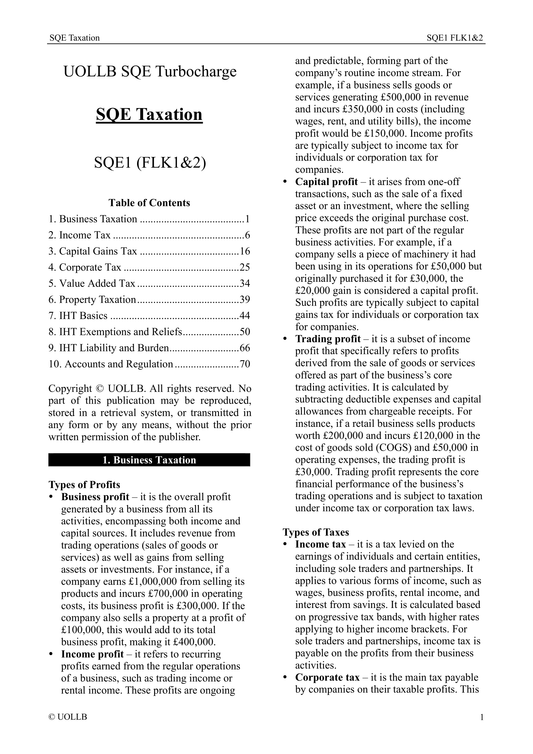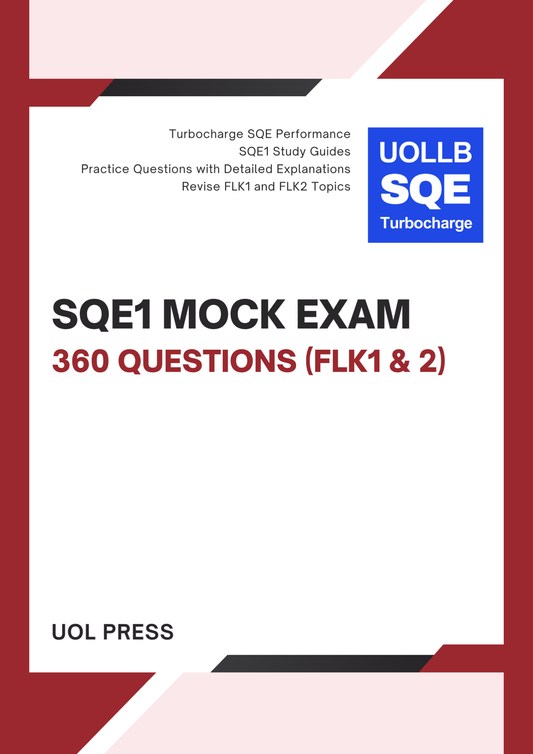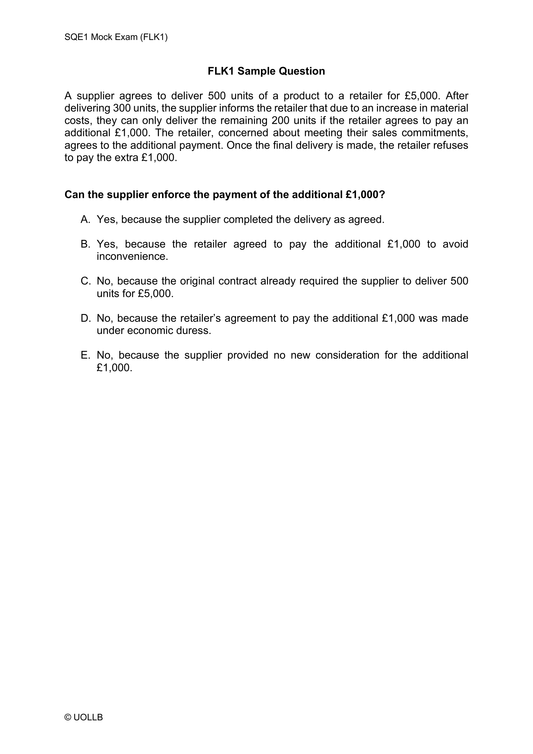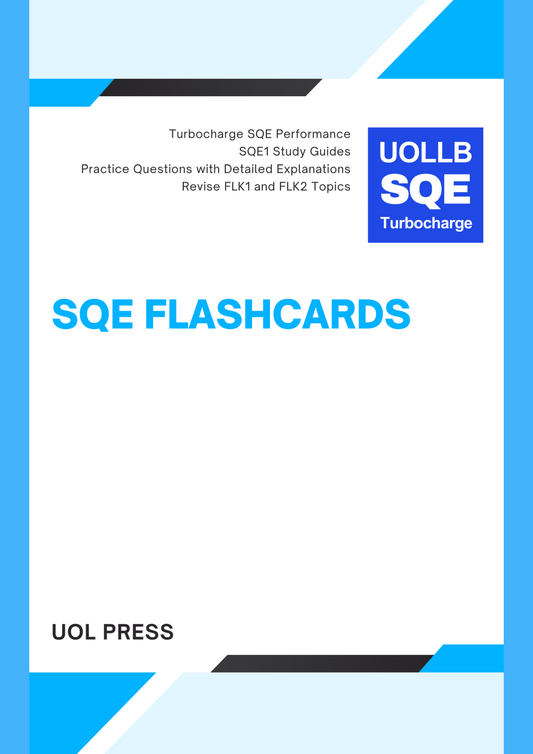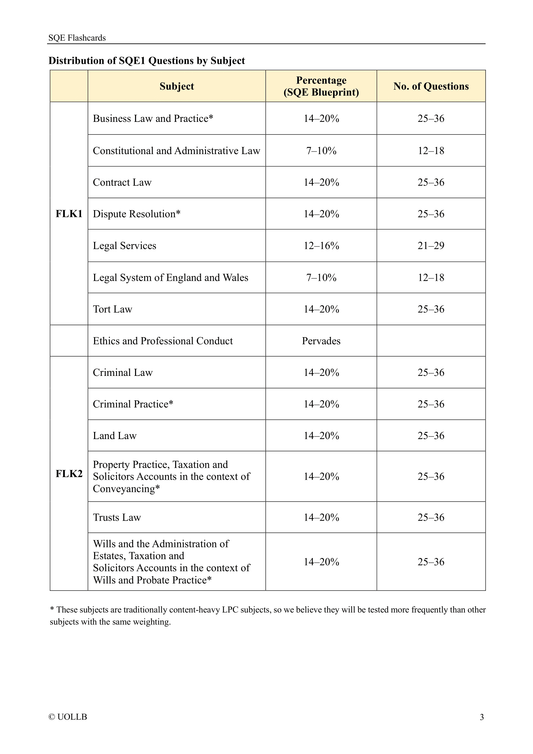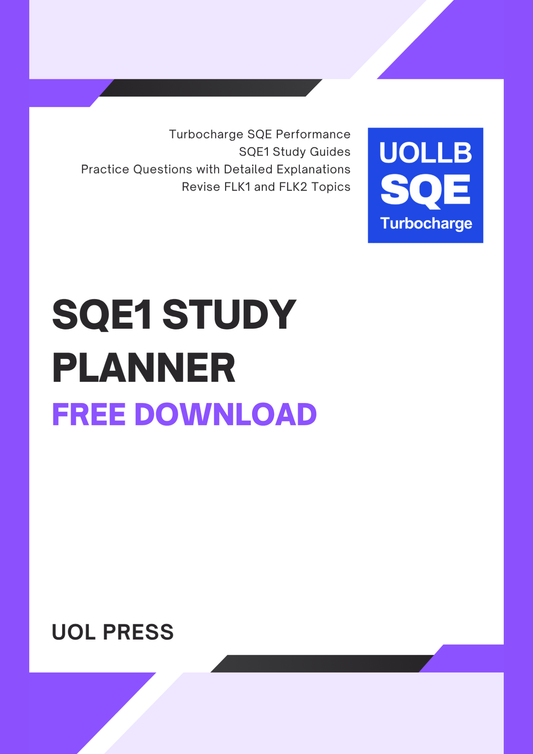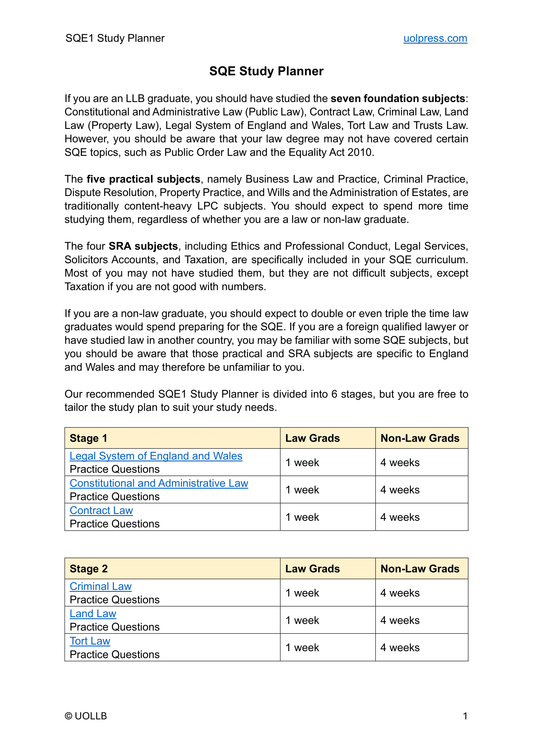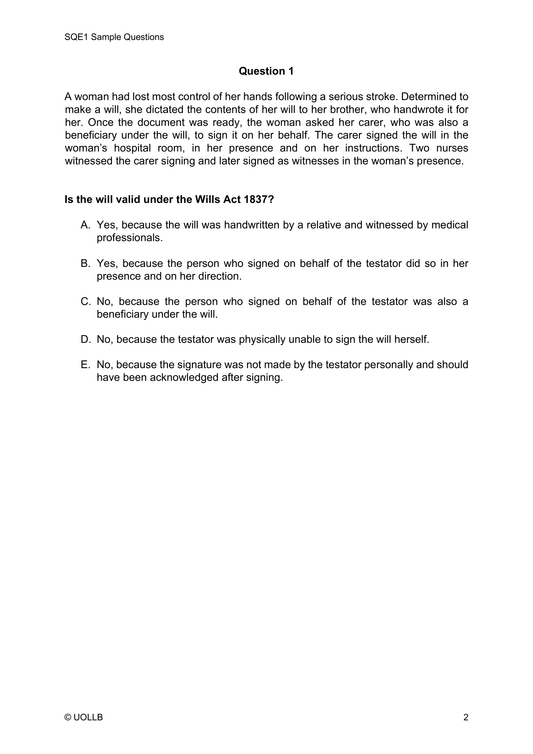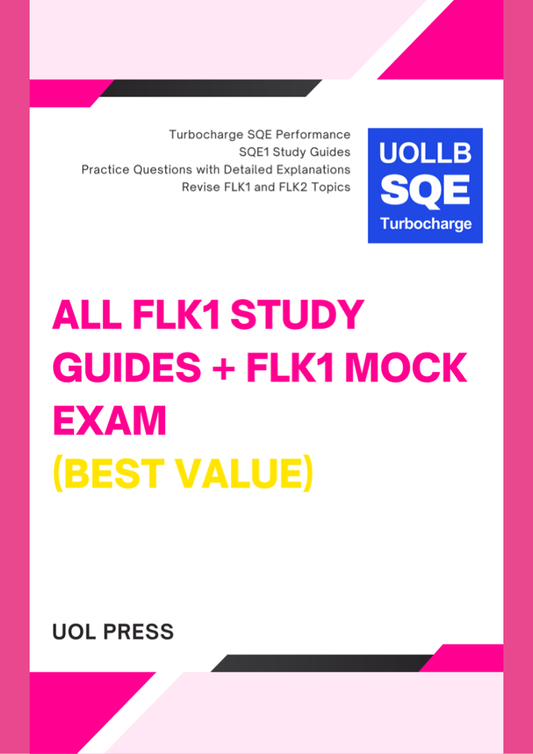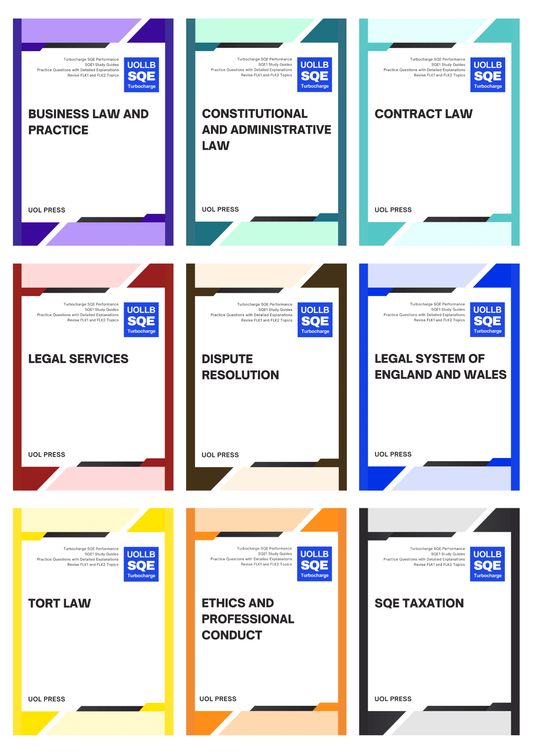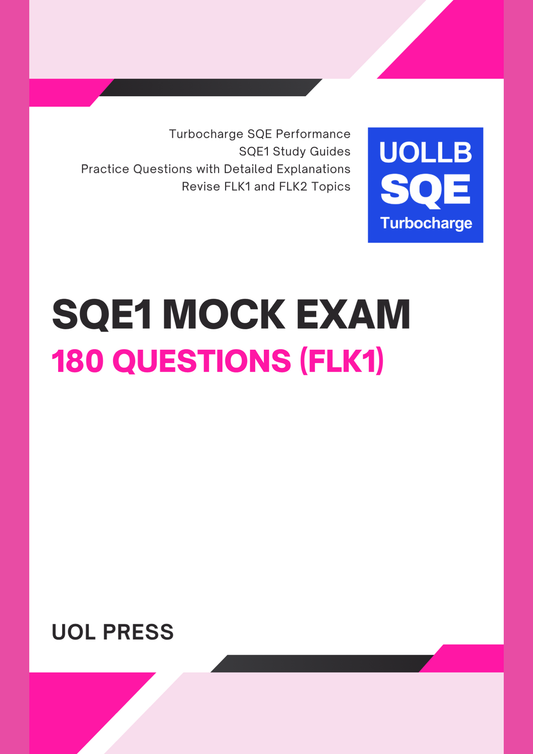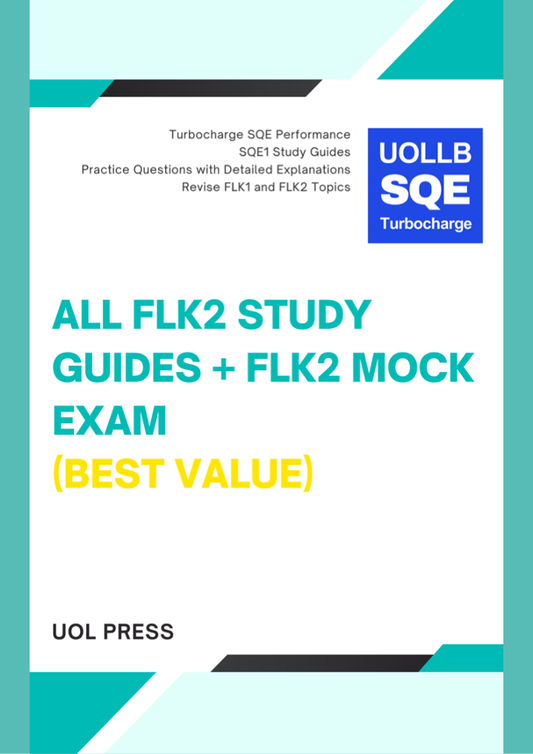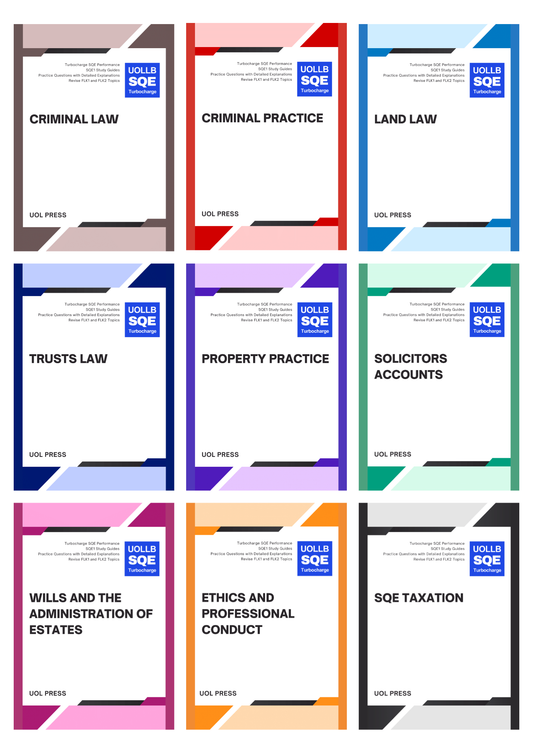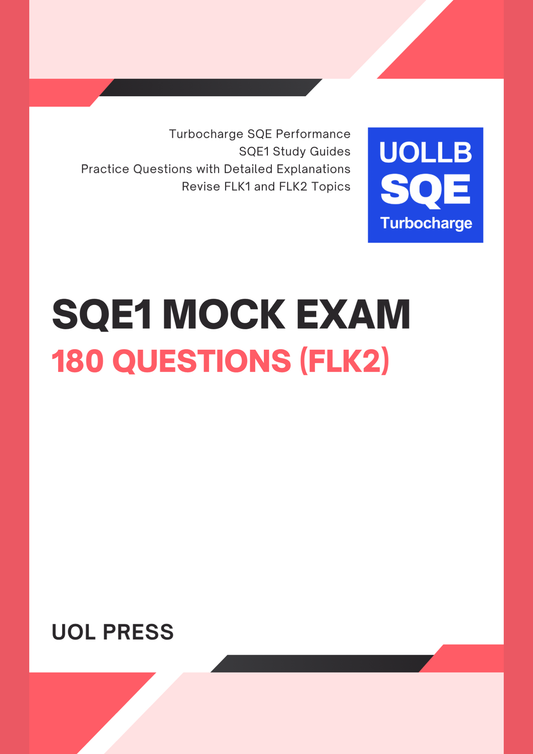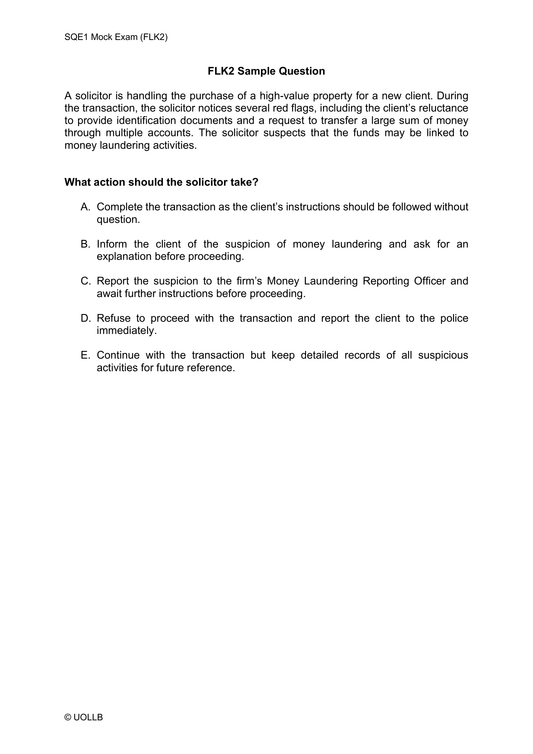How Difficult Is SQE1?
Share
The Solicitors Qualifying Examination (SQE1) is widely regarded as one of the most challenging assessments aspiring solicitors will face in their career. Its difficulty does not stem merely from the breadth of content, but also from the way the exam is structured and assessed. Unlike traditional law school exams that may allow essay-style answers or practical problem-solving, SQE1 is entirely multiple-choice, testing knowledge across a vast range of legal subjects through a format that requires precision and clarity of thought. Candidates must not only know the law but also apply it under exam conditions in a way that mirrors real-world legal decision-making.
One of the key factors that makes SQE1 particularly difficult is the scope of material covered. The exam does not focus on a single area of law; instead, it requires competence across multiple domains, including Contract, Tort, Constitutional and Administrative Law, Dispute Resolution, Land Law, Criminal Law, Wills and the Administration of Estates, Trusts, Business Law and Practice, Legal Services, and Solicitors Accounts. This breadth means candidates must revise almost the entire foundation of English law alongside professional practice rules. Unlike university law exams that test subjects individually, SQE1 blends everything into one, demanding a consistent level of knowledge across all areas.
The exam format itself poses another challenge. Candidates are faced with single best answer multiple-choice questions that test not only substantive knowledge but also legal reasoning. Many of the questions are designed to be subtle and nuanced, often including distractor options that seem plausible at first glance. Success depends on being able to quickly eliminate incorrect options, identify the correct legal principle, and apply it accurately to the fact pattern given. For many students, this method of testing feels counterintuitive, especially if they are more accustomed to essay writing or open-ended problem-solving.
Time pressure adds another layer of difficulty. SQE1 is split into two Functioning Legal Knowledge (FLK) assessments, each containing 180 questions to be answered within five hours and six minutes. This equates to less than two minutes per question. Managing both accuracy and speed becomes critical, as spending too long on difficult questions can jeopardise performance across the entire paper. Candidates must train themselves not only in legal knowledge but also in exam technique, learning when to move on and when to take calculated risks.
The psychological aspect of SQE1 should not be underestimated. Many candidates report feeling overwhelmed by the sheer volume of material and the intensity of preparation required. Unlike traditional pathways where assessments were spaced out, SQE1 concentrates the pressure into a single high-stakes exam. This requires sustained discipline, strong study habits, and a structured revision strategy that can carry a candidate through months of preparation. Without such organisation, it is easy to become lost in the detail and miss the bigger picture.
Overall, SQE1 is difficult because it combines breadth of knowledge, depth of application, and relentless time pressure into one demanding test. It is not enough to simply memorise black-letter law; candidates must develop the ability to think like a solicitor, applying principles consistently across diverse fact patterns. For those who prepare with focus and discipline, the exam is passable, but there is no denying that it sets a very high bar. Passing SQE1 requires not just academic ability, but resilience, strategy, and the capacity to perform under pressure.
